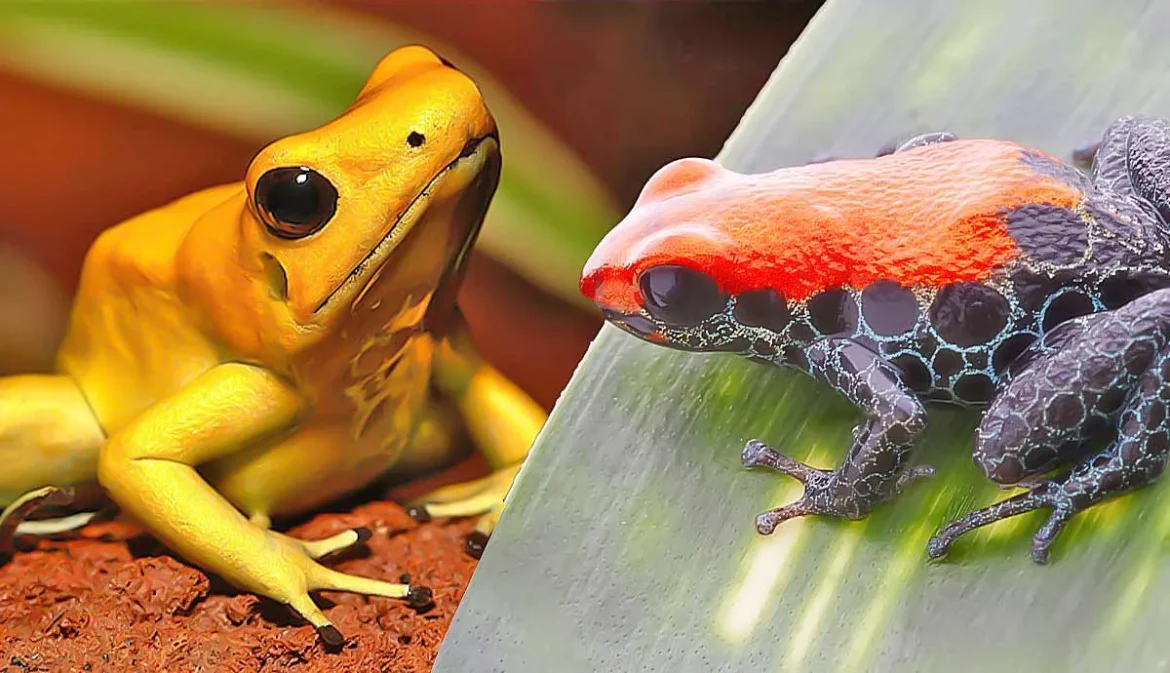Nestled in the remote and rugged landscapes of Central Asia, the Pallas’s cat, also known as the manul, roams the high-altitude steppes and rocky terrain with an air of mystique and intrigue. With its distinctive appearance and elusive nature, the manul has long captured the imagination of wildlife enthusiasts and conservationists. Let’s embark on a journey into the world of the manul and uncover the secrets of this enigmatic feline:
1. Unique Appearance: The Pallas’s cat is instantly recognizable by its compact build, thick fur, and expressive facial features. With its broad, flat face, small ears set low on the head, and wide-set eyes adorned with dark vertical pupils, the manul has a distinctly owl-like appearance that sets it apart from other wild cats. Its fur is thick and dense, ranging in color from pale gray to tawny brown, with dark spots and stripes providing camouflage in its rocky habitat.
2. Adaptations to Extreme Environments: The manul is supremely adapted to the harsh and unforgiving environments of the Central Asian steppes, where temperatures can fluctuate dramatically between scorching summers and freezing winters. Its thick fur and dense undercoat provide insulation against the cold, while its large paws and short legs allow it to navigate rocky terrain with ease. The manul’s low metabolic rate enables it to conserve energy during periods of scarcity, making it well-suited to its arid and sparse habitat.
3. Elusive Behavior: Despite its distinctive appearance, the manul is notoriously elusive and difficult to study in the wild. It is primarily nocturnal and crepuscular, meaning it is most active during the twilight hours of dawn and dusk. During the day, the manul seeks shelter in rocky outcrops, caves, or burrows dug by other animals, where it can rest undisturbed and avoid the heat of the sun. Its solitary nature and secretive habits make sightings of the manul a rare and coveted experience for wildlife enthusiasts.





